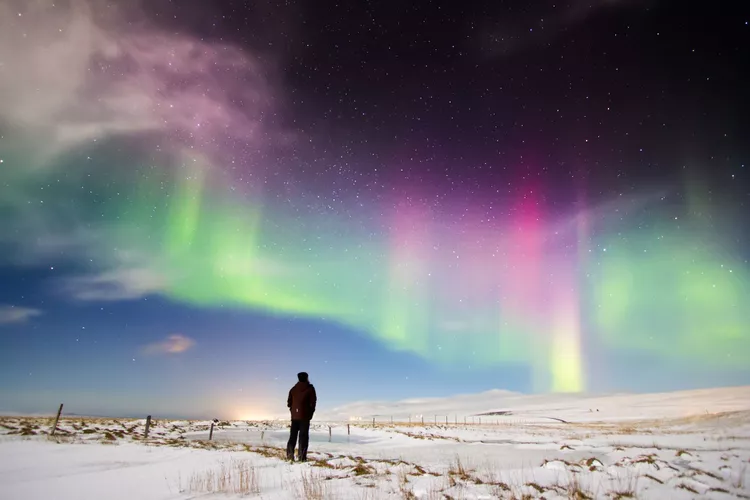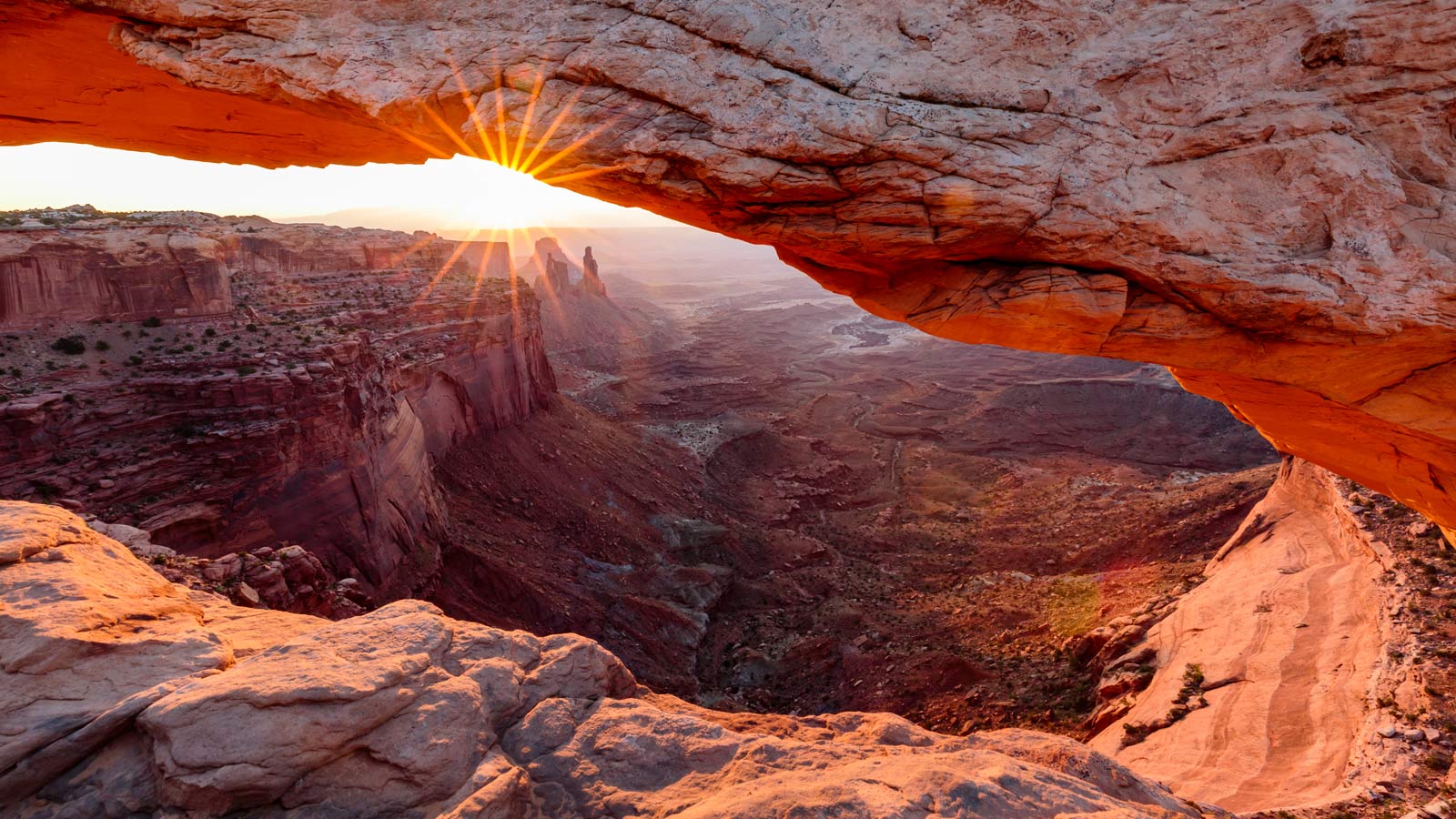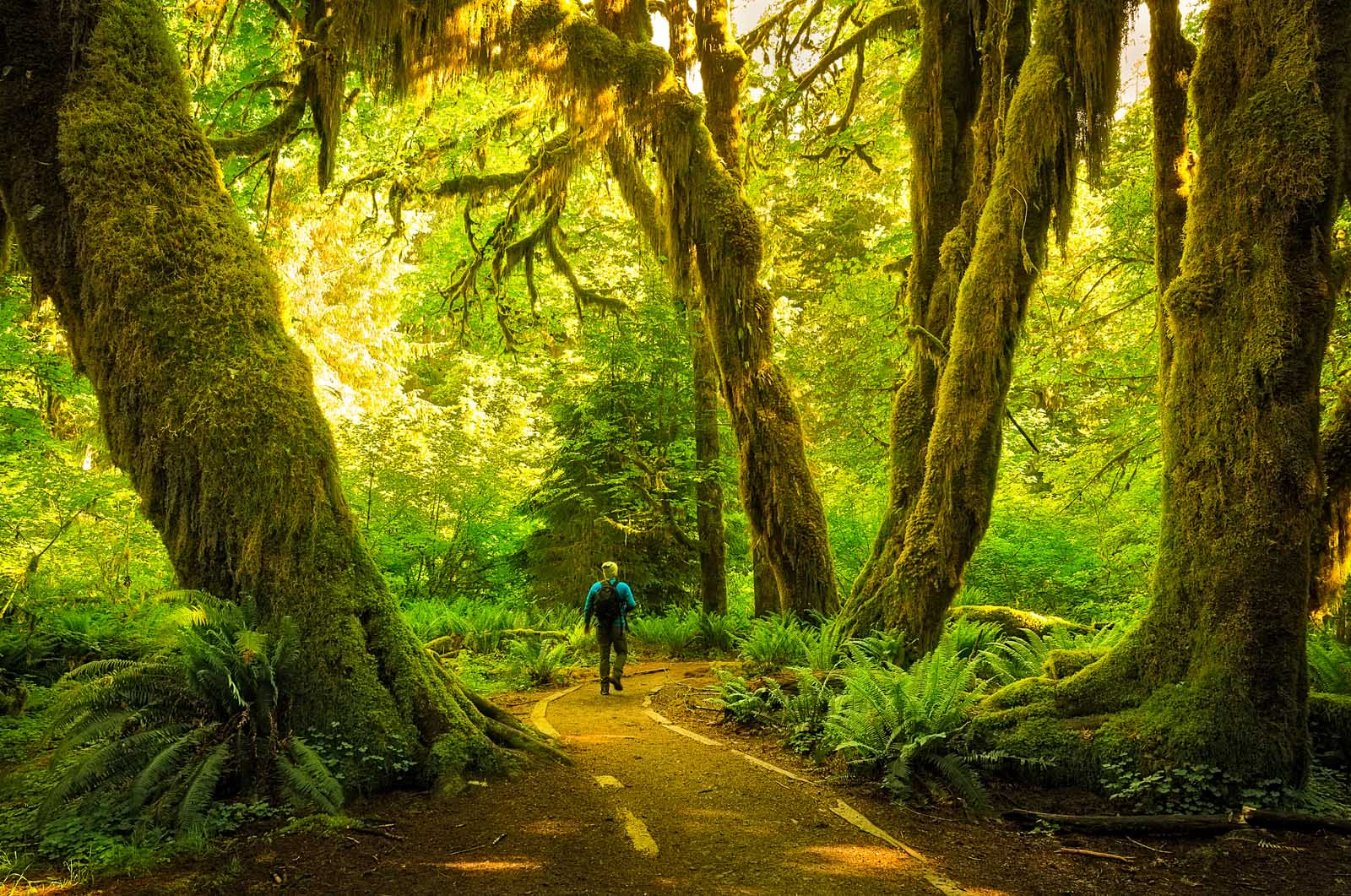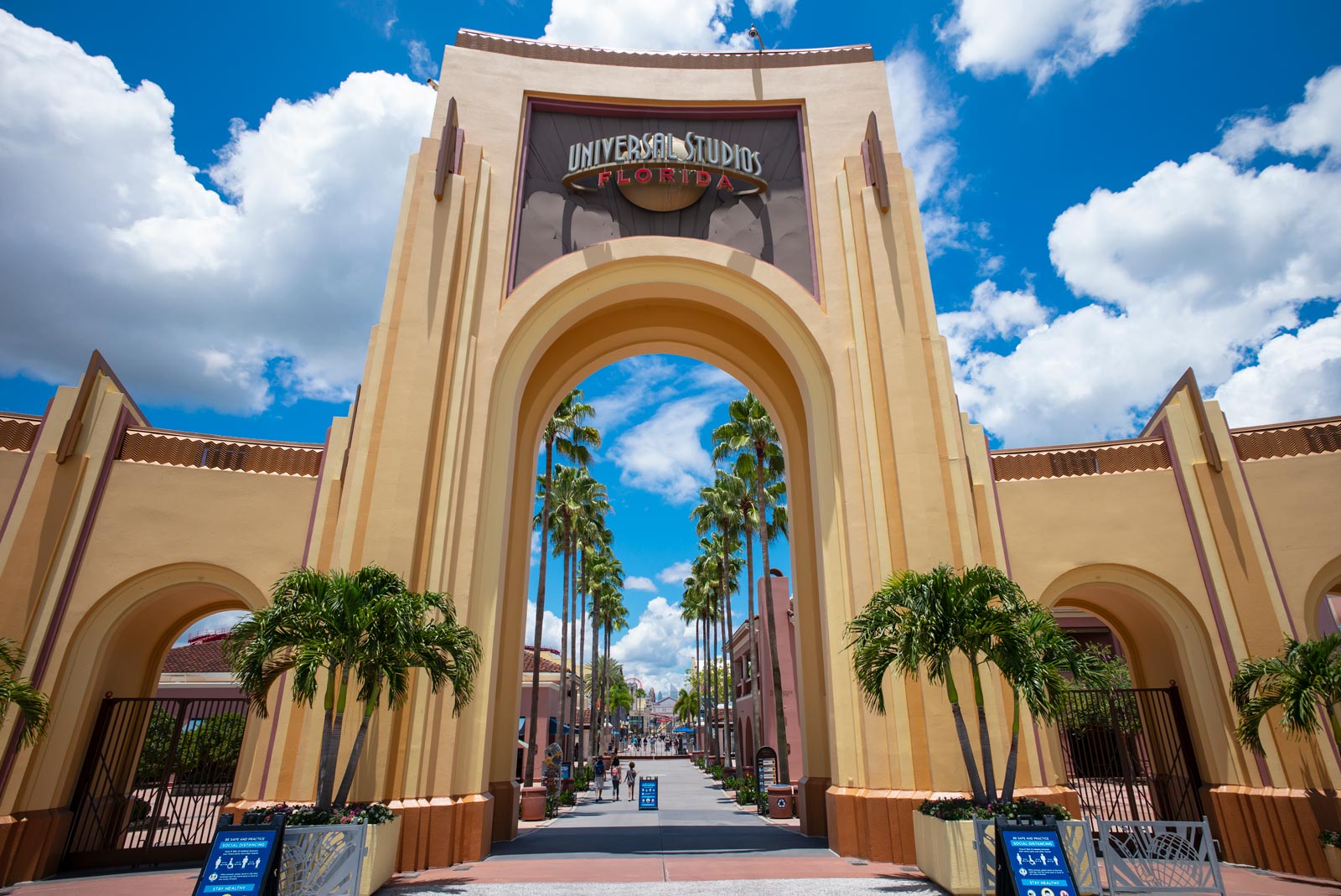Table of Contents
Discovering the Arctic Circle
The Arctic Circle is an invisible ring on Earth, encompassing the Arctic region. This distinct area experiences the extraordinary phenomenon of the midnight sun during summer days when the sun does not set and the polar nights in winter when the sun does not rise.
1. Where Is the Arctic Circle?
:max_bytes(150000):strip_icc():format(webp)/ArcticCircleYukonNorthernLights-5c3c03ccc9e77c0001d85d6a.jpg)
The Arctic Circle is located approximately 1,650 miles south of the North Pole and is currently defined at 66° 33′39″ North latitude. It passes through various regions and countries, including:
- Greenland (part of Denmark)
- Iceland
- Norway
- Sweden
- Finland
- Russia
- Alaska (United States)
- Canada
2. Travel to the Arctic Circle
:max_bytes(150000):strip_icc():format(webp)/Nuukscenicshot7-1-e1b89aba1193458a9c223f05da68ad29.jpg)
Traveling to the Arctic Circle offers a once-in-a-lifetime experience. Notable destinations include the North Cape and Spitsbergen, with Spitsbergen being a Norwegian island located far north in the Arctic Ocean. You can find the Arctic Circle line in Norway 50 miles north of Mo i Rana and 43 miles south of Fauske. Additionally, the island of Grimsey in Iceland is situated directly on the Arctic Circle, making it easily accessible for travelers.
3. Arctic Cruises
:max_bytes(150000):strip_icc():format(webp)/GettyImages-135558868-570806bd3df78c7d9ea7eae2.jpg)
Arctic cruises provide a convenient and safe way to explore the Arctic Circle. These modern voyages have gained popularity, offering travelers a unique perspective of the region. To find an Arctic cruise, you might consider exploring options on sites like Expedia.com or Cruisedirect.com. In addition to traditional cruises, guided boat tours are available in Lapland, Finland, which present shorter excursions into the heart of the Arctic.
4. Arctic Expeditions
:max_bytes(150000):strip_icc():format(webp)/ArcticExpeditionKayakAlaskaGlacier-5c3c269646e0fb0001a735b5.jpg)
Adventurous travelers might consider embarking on an Arctic expedition. Companies such as Intrepid Travel offer family-friendly group tours in exciting Arctic locations like Greenland and Iceland. For those seeking unique guided experiences, Isango! provides tours that navigate the Arctic Circle safely.
5. Facts About the Arctic
:max_bytes(150000):strip_icc():format(webp)/NorthernLights3-fe485788923a4b319e9f934d6c9d8018.jpg)
Here are some fascinating facts about the Arctic:
- About 90% of the Arctic experiences minimal snow and ice during summer, allowing various shrubs and plants to thrive.
- The North Cape is recognized as the northernmost point of Europe.
- The North Pole is not typically the coldest location in the Arctic.
- The Arctic Circle is approximately 1,650 miles from the North Pole.
- Neanderthal remains found near the Arctic Circle have been dated at over 28,500 years old.
- Summer months bring daily sunlight across the entire Arctic Circle.
- Countries along the Arctic include Alaska, Canada, Greenland/Denmark, Iceland, Norway, Sweden, Finland, and Russia.
- The Arctic Circle is precisely located at 66° 33′39″ north of the Equator.
6. The Arctic Ocean
:max_bytes(150000):strip_icc():format(webp)/Arctic-ocean-Hooker-Island-58d9801a5f9b584683f9467b.jpg)
Many wonder which continents are bordered by the Arctic Ocean. It touches North America, Europe, and Asia. As the smallest of the world’s five major oceans, it features important seasonal waterways like the Northwest Passage and Northern Sea Route, facilitating increasing shipping and trade.
Overall, the Arctic Circle presents a unique and alluring destination for travelers seeking adventure, stunning landscapes, and fascinating cultural experiences. Whether through cruising, expeditions, or guided tours, the Arctic region promises unforgettable memories.




